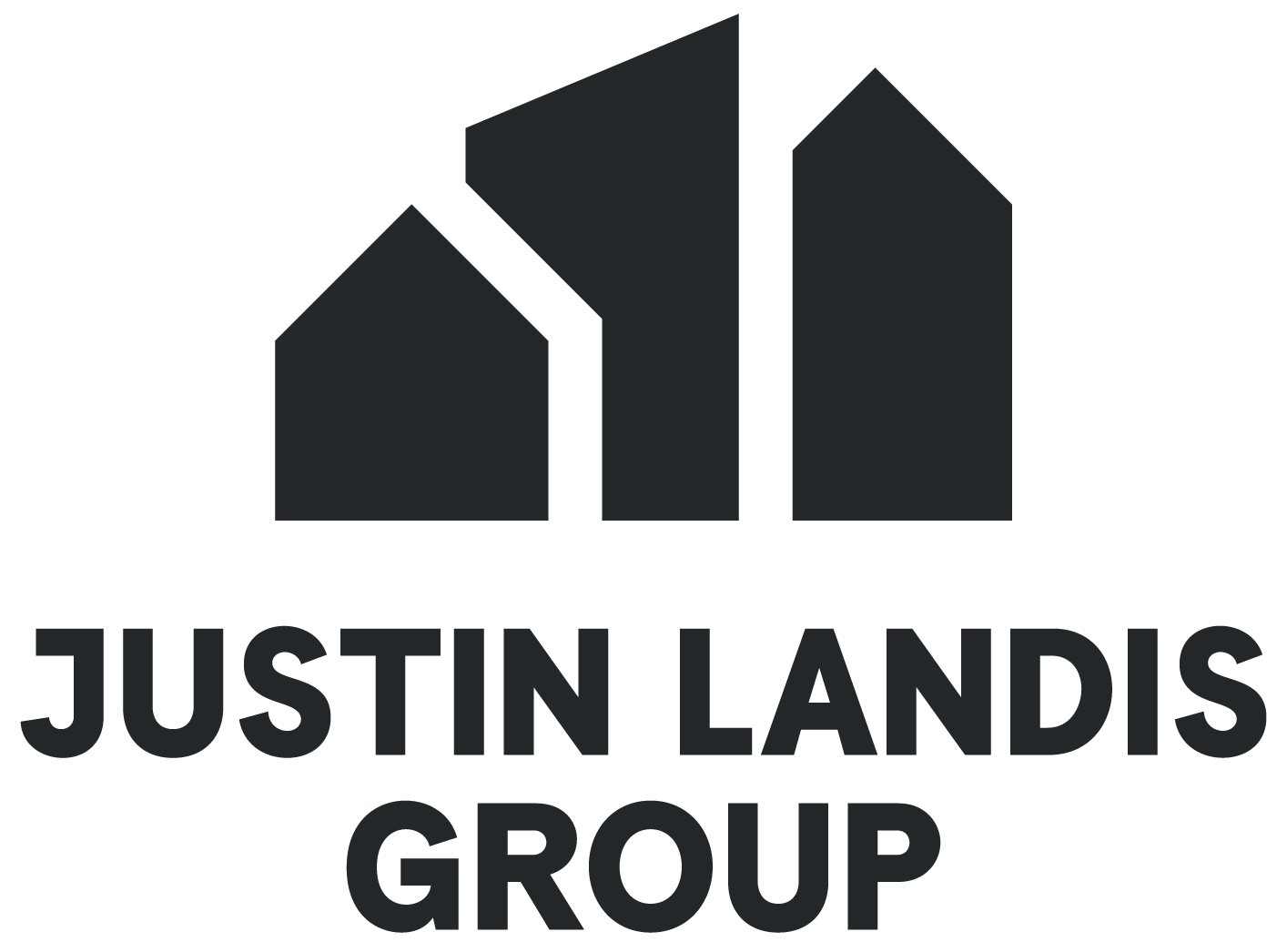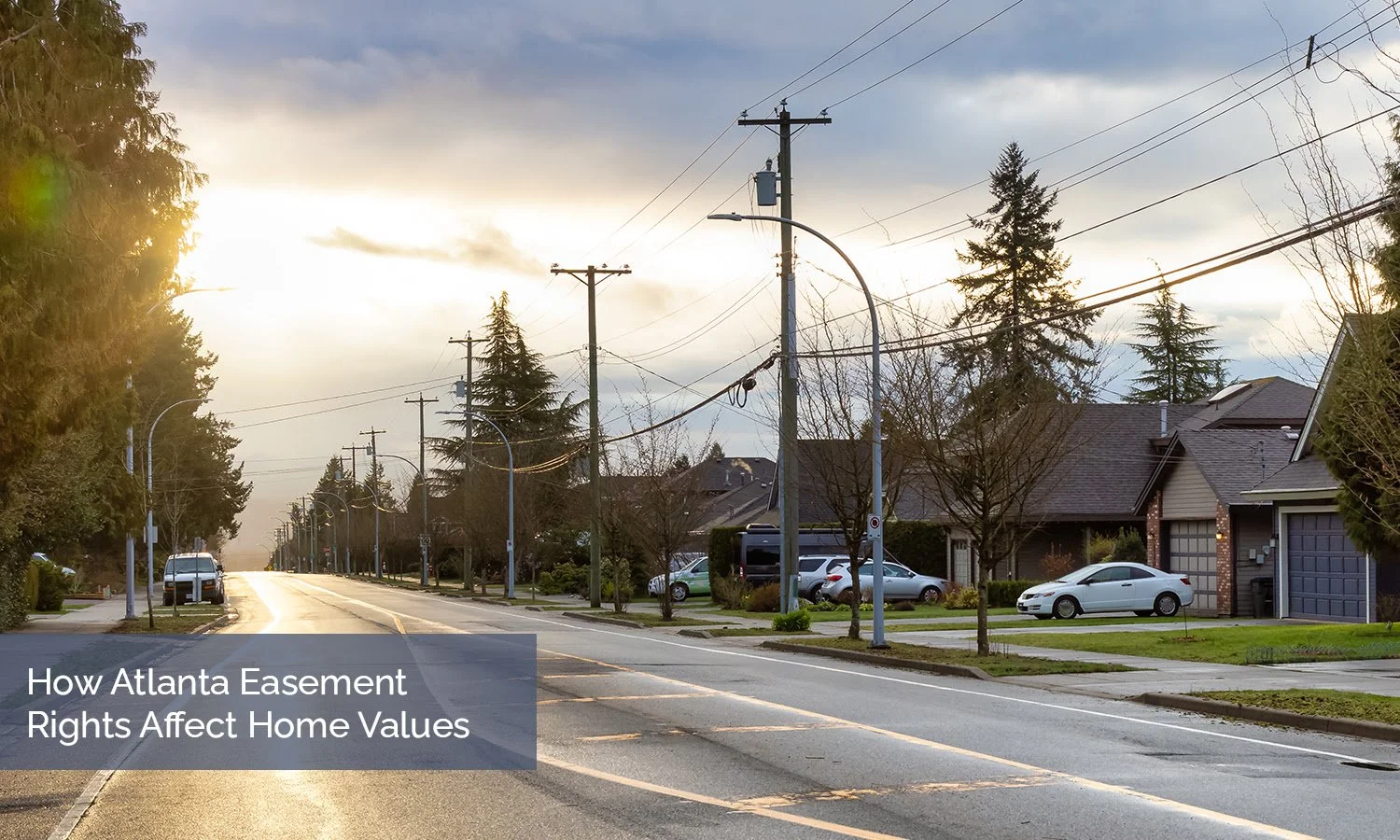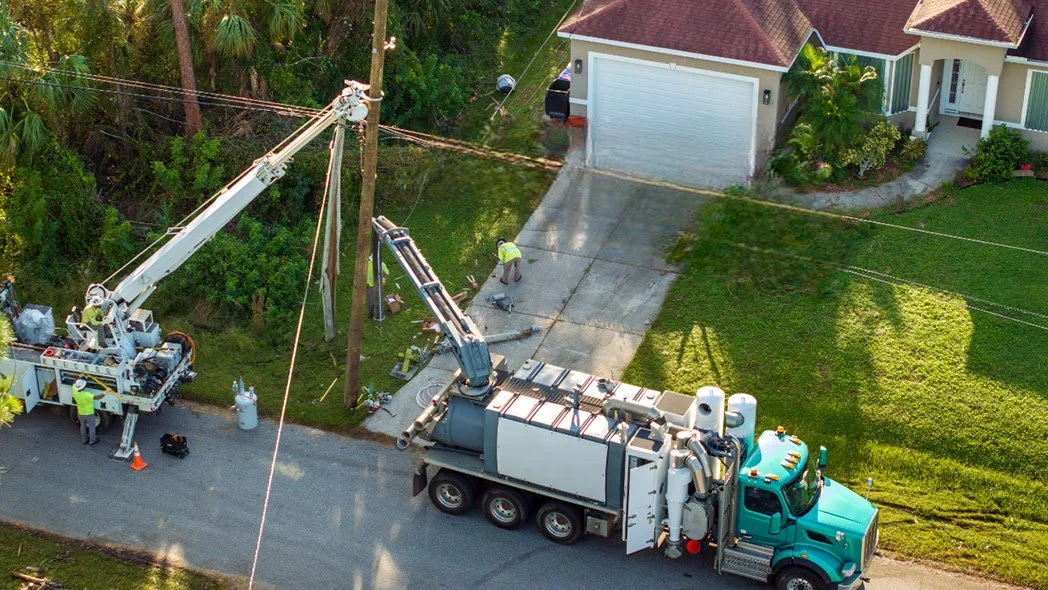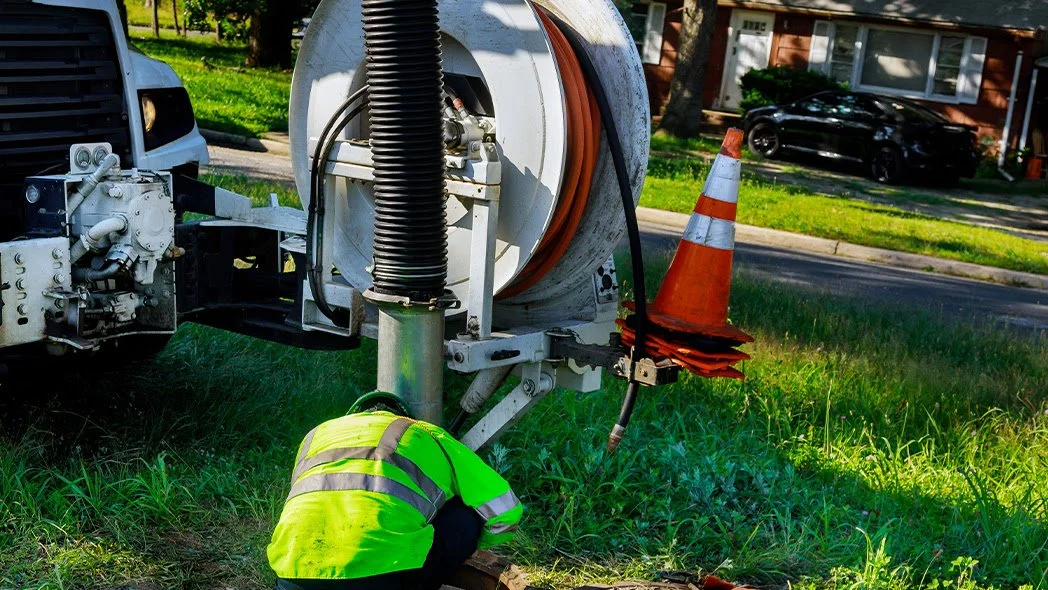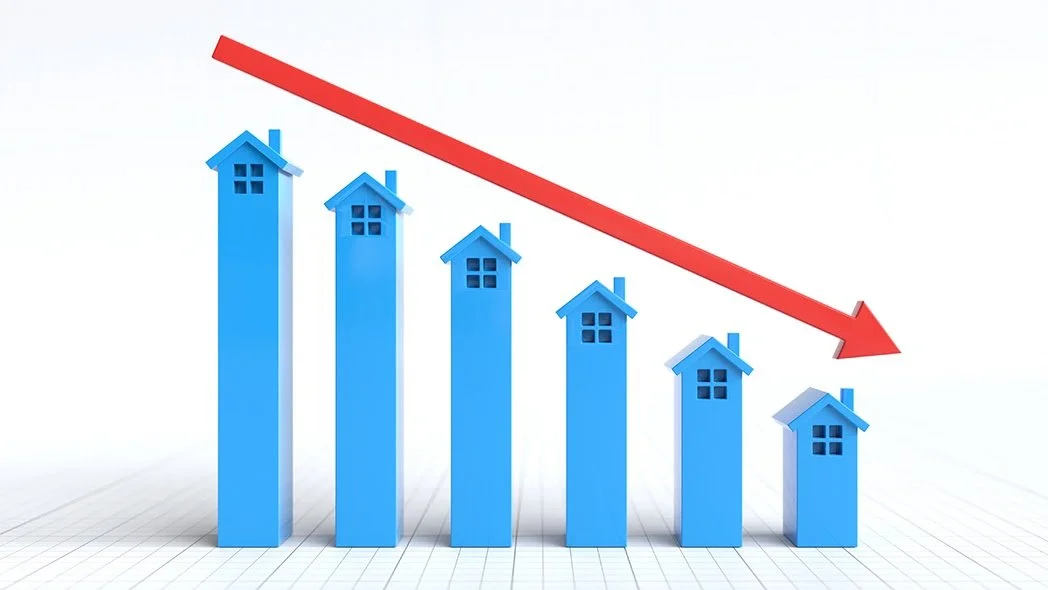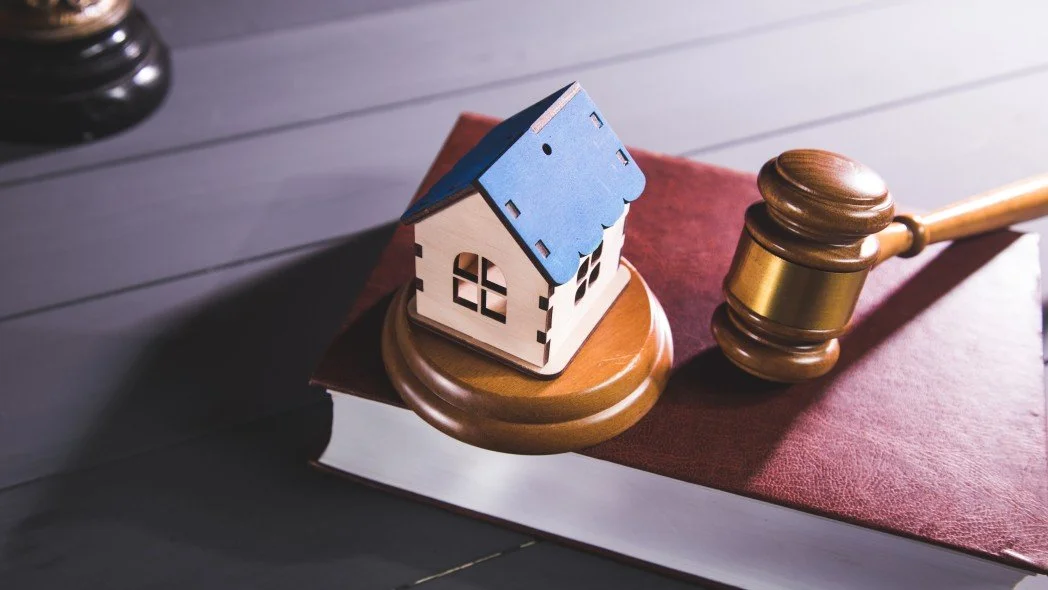How Atlanta Easement Rights Affect Home Values
Every single property in Atlanta has some type of legal burden attached to it, and these burdens have an effect on the property's value and what you can do with your land. Usually, we're talking about permanent rights that belong to somebody else - maybe Georgia Power needs to have access to work on their power lines, or MARTA has rights to their transit corridors. Every property in metro Atlanta has to work with this, and the average home has somewhere between two and three easements already in place.
When a property has easement problems, it almost always sells for less money - usually about 5 to 15% below what similar homes without those restrictions would go for. Atlanta has been growing like crazy since the 1960s, and all that expansion created layer after layer of utility easements. The older neighborhoods feel the weight of this, and even newer developments aren't immune - they have their own challenges with the BeltLine transit easements and conservation restrictions if they're anywhere near the Chattahoochee River. We need to look a bit more closely at how Georgia law deals with these legal rights because the easements that nobody knew about are still one of the biggest reasons for estate disputes across the entire state.
The money involved is substantial. A standard Georgia Power easement can knock off as much as 10% from your property value, though properties near the BeltLine are actually worth 15 to 20% more now with the transit easements in place.
Here's how easement rights can affect your Atlanta property's value and marketability!
How Easements Affect Your Atlanta Property
Georgia law treats easements as permanent property rights that automatically move with the land itself - and it doesn't matter who happens to own the property at any given time. Buying a house that already has an easement attached to it means that the legal arrangement is now yours to work with, and there's no way around it.
Atlanta's massive growth period that kicked off back in the 1960s left behind a tough web of utility easements all across the metro region. The older neighborhoods, in particular, have to work through multiple overlapping layers of these access rights. Power providers need the ability to reach and service their lines, water departments have to be able to access the underground pipes whenever necessary, and telecommunication providers need standard access to service their cable infrastructure.
The Georgia Power v. Brooks case from 2018 shifted the way that easement rights work throughout metro Atlanta. The court's ruling established that easement holders actually have much wider access privileges than most property owners had previously assumed was the case - this single ruling can affect thousands of residential and commercial properties all across the region.
Easements get confused with HOA restrictions and municipal zoning laws all the time. But they're actually very different animals from a legal standpoint. HOA laws can change whenever the members vote on them, and zoning classifications get updated when the city council passes new ordinances. Easements are a whole different beast, though - once you have one on your property, you can't change or get rid of it.
Easements have some fairly obvious markers. Those green utility boxes scattered across the front yards in neighborhoods always sit on easement land. The wide, open strips of land under power lines are aerial easements, too. Creek beds and waterways almost always have no-build zones around them because they need to protect the drainage easements.
Easements don't automatically damage property values in every situation. Shared driveway easements can cut down on long-term maintenance costs for everyone involved. Beach access or lake access easements can substantially increase what buyers are willing to pay. Easements have a minimal effect on how you actually use your property day to day.
The Main Easements in Atlanta
Easements in Atlanta are a mixed bag, and what you'll run into can depend on the part of the metro area you're in. Every neighborhood has its own situations and laws about these legal agreements.
Utility easements are the most common ones by far. Georgia Power has to be able to get to their power lines, and they run right through homeowners' backyards all across the metro area. Atlanta Gas Light has the same situation with their underground pipelines - they need standard access for inspections and maintenance. DeKalb and Fulton water authorities also hold easements for all their water and sewer lines. The bottom line with these is that you can't build anything permanent where the easements run. No pool houses, no additions, and nothing that would block access to those utility lines.
Transit easements touch far more properties. The BeltLine has received all the attention lately, and for an obvious reason - this 22-mile loop connects with thousands of properties as it winds from the Old Fourth Ward all the way to West End. If your property is near the BeltLine, you can't make any changes that would get in the way of the trail or any future transit development they have planned.
Atlanta's position across a few watersheds makes drainage a big concern. Properties close to Peachtree Creek and Nancy Creek frequently have drainage easements attached to them. The city has to keep these areas open, or we'd have flooding problems every time those heavy summer storms roll through. Most of these easements follow the creek beds themselves, or they sit in the low-lying areas where water collects and flows.
The race for faster internet has brought a whole new category of easements to lots of Atlanta neighborhoods. When Google Fiber and AT&T started their fiber optic installations, they needed legal access to run those cables. These telecommunication easements usually follow the property lines or run underneath the streets, mostly wherever the utilities could find the space to lay their infrastructure.
Private easements are especially common in the older and established neighborhoods. Virginia-Highland is a perfect example because of the narrow lots and tight spacing. Neighbors there frequently share driveways because there's literally no other way for some homeowners to reach their garages behind their houses. And if you're near the Chattahoochee River National Recreation Area, then you'll find conservation easements that help protect those natural areas from any type of development.
How Easements Affect Your Property Value
The dollar effect an easement has on your Atlanta home is all over the map, and there's no single answer that applies to every situation. Most utility easements are going to lower your property value by somewhere around 5-10% - it's not nothing. The interesting part is that some types of easements make your home worth more money, like scenic easements.
The BeltLine is a great case study on this exact phenomenon. Properties located next to this popular trail system have seen their values increase by 15-20% over the last ten years or so. They have transit easements running along their property lines, and yet buyers couldn't care less about the legal restrictions because they're too busy falling in love with the walkable neighborhoods and the convenient trail access.
Where easements become a true pain is when the time comes to sell your house. A Fulton County assessment study from 2019 showed that homes with easements usually spend about three weeks longer on the market compared to similar properties that don't have them. Buyers usually get nervous when they see easement language in any of the paperwork, and they start to worry about all the modifications they might not be able to make to the property later.
The visual effect beats legal technicalities every time. Power lines stretching across your backyard are going to damage your home's value far more than underground utility pipes ever would - even though these easements may have identical legal restrictions - it all can depend on buyer psychology, and this psychology translates directly into dollars and cents.
Banks and insurance providers get startled by property easements, too. Appraisers always document each easement they find and then adjust their valuation to account for them. Some lenders will even demand extra documentation that specifically explains how each easement might affect the way that the property can be used. Insurance providers sometimes bump up their premiums if they believe the easements might increase the liability dangers on the property.
Georgia Laws for Property Disclosure
Georgia law has some very strict laws for anyone who sells their home in Atlanta - you have to let buyers know about any easements on your property. The state makes this mandatory through something called the Residential Property Disclosure Statement, and the statute is O.C.G.A. § 44-1-16. The interesting part about this law is that it only needs the sellers to disclose the easements they actually know about. That one little word - "know" - gives us wiggle room in how the law gets applied.
About one in ten home sales in Atlanta runs into this exact same problem each year. Sellers have no clue that there's an old easement from decades ago still attached to their property. Some sellers who do know about an easement might conveniently leave that detail out of the conversation. Either way, the buyers only find out about these easements after everything's signed and the sale is done.
The 2020 Wright v. Coleman case shows what can go wrong when easements aren't disclosed. The buyers in that particular case only found out about an easement after they'd already bought the property, and the court's ruling was pretty shocking - they actually let the buyers cancel the whole deal, and it's a disaster for everyone. The buyers had to go through legal proceedings, the sellers lost their sale, and the estate agents ended up in the middle of a big mess that could have been avoided with the right disclosure.
Title insurance gives you some protection here, though most standard policies include exceptions for different easement problems, and you might not be as protected as you think. The fine print in these policies matters, so it's worth taking the time to read through it or asking your title company to explain just what protection you're buying.
Georgia has a law on the books for prescriptive easements, and it means that someone can get permanent legal rights to use your property just by using it continuously for twenty years. The whole concept feels pretty wild the first time anybody explains it to you. Say your neighbor has been cutting across your yard to get to their garage since 2004 - at this point, they may have actually secured the legal right to continue to use that path forever.
The Atlanta metro area has another problem that makes this whole process even harder - each county stores its easement records very differently. Fulton County uses one system, DeKalb uses something very different, and Gwinnett and Cobb counties each have their own separate methods for how they record and store all these documents. Without any standardization between them, it turns into a challenge to find all the easements that could be on your property.
Research Easements Before You Buy Your Home
Property easements can be a problem for buyers in Atlanta, and the paperwork alone won't tell you everything you need to know. Buyers skip the survey if their lender doesn't ask for one - but that's a mistake. Around 30% of properties in the Atlanta area have easements that somehow never made it into the public records. You don't want to find out about them after you've already closed on the house.
Plat maps are something you should learn how to read on your own. Georgia Power usually needs about twenty feet for its standard utility easements, and the boundaries can be hard to see from the street. The best strategy is to walk the entire property yourself and watch for utility markers, access roads, or anything else that seems out of place. Maintained pathways that don't seem to go anywhere are usually an obvious sign. These physical signs can tip you off to easements that could be hard to find in the legal documentation.
Title reports need a closer look because easements are usually hidden in multiple sections throughout the document. They don't usually show up in one convenient place where you'd expect them. The language in these documents does matter. The vague wording tends to cause disputes later.
Neighbors can tell you plenty about how easements work. An easement that seems inactive could become a big problem next year if the utility company decides it's time to upgrade its lines or infrastructure. Fulton County has a GIS system online that lets you research property easements from home, and it makes it easier to compare your situation with other properties in the area.
You have to choose if the easement restrictions are worth the price you're paying. Compare the property to similar homes that don't have easements and work out what the discount should be. The lower price sometimes makes the restrictions completely acceptable!
Moving to Atlanta?
Easements have completely shifted the way I look at properties throughout Atlanta lately. It's actually quite interesting to know how something as mundane as a shared driveway or a basic utility line that cuts through a backyard can affect a home's value by tens of thousands of dollars either way. The deeper anyone goes into these property rights over the years, the more apparent it gets that they're just one more ingredient to remember whenever you're in the market to buy or sell a home in Atlanta. You wouldn't buy a house without first checking out the neighborhood or researching the local schools, and easements deserve that exact same level of scrutiny and consideration.
The most interesting part about easements is how they tell Atlanta's entire growth story through the decades. These property rights run the full range from hundred-year-old utility lines that were laid down when the city was barely a blip on the map to the brand new BeltLine access points that show where we're headed next. They're like invisible threads that tie your home to the rest of the neighborhood, and they bring you everything from electricity to water, and sometimes you can even get lucky with a scenic walking trail that leads right to your front door. Of course, some of these easements can limit your options if you want to make changes to your property.
Real estate is all about the small facts, and every neighborhood has its own particular curveballs and properties that can make or break your investment. The Justin Landis Group has spent years coming to know these local markets inside and out, and we use that knowledge to help our clients make the best possible decisions. Maybe you want a quiet place in the suburbs, or maybe you'd like something closer to Atlanta's busy downtown area - either way, we'll help you find just what works for you!
